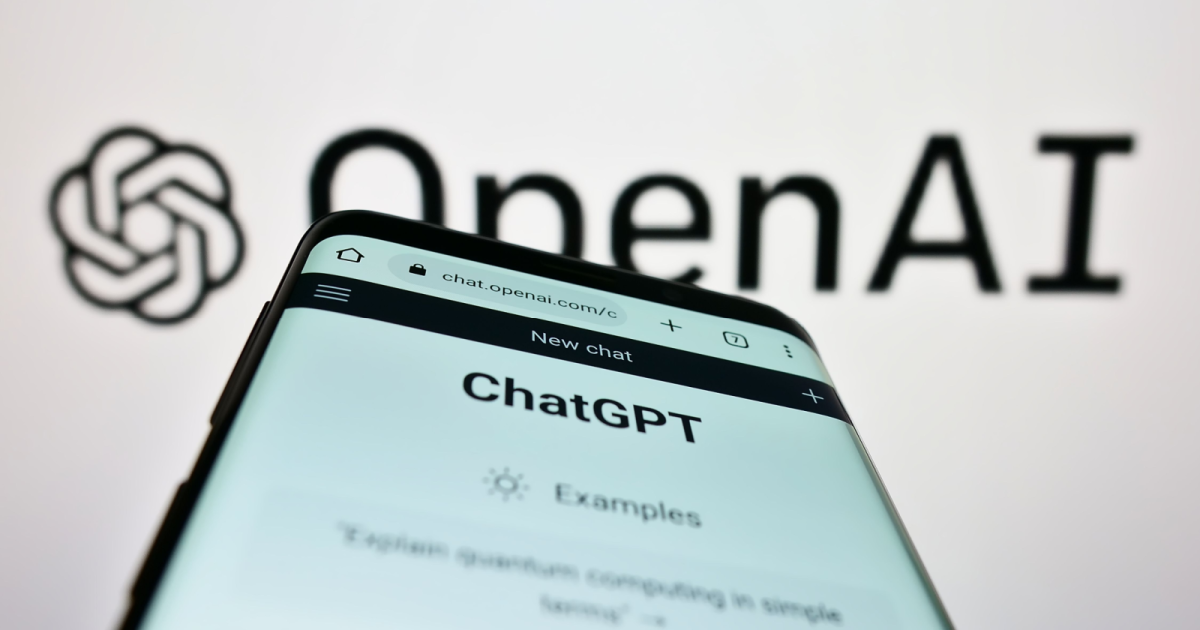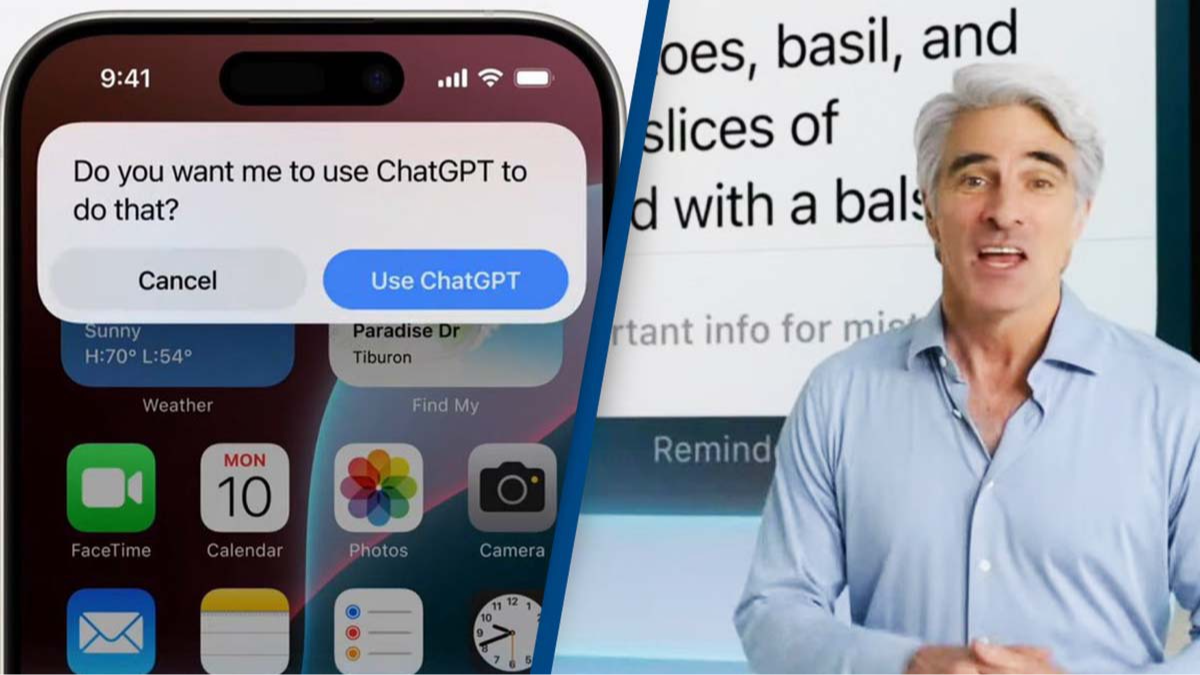Apple is depending on its planned AI features to improve iPhone sales, particularly in China, where demand has been slow. But there’s a problem: ChatGPT, which will soon be integrated into Siri, is illegal in China.
In a presentation earlier this month, Apple (AAPL) demonstrated its proprietary technology called Apple Intelligence, which will enable exciting new AI features, and announced a partnership with OpenAI to use their viral ChatGPT tool in a limited capacity. (When Siri is enabled and requires more assistance with a query, ChatGPT can come in.)
The move demonstrated Apple’s efforts to accelerate the latest buzzy technology at a time when major rivals such as Microsoft, Google, Meta, and Samsung have already established their AI foothold. An agreement with OpenAI could help Apple bridge the gap.
However, China is one of the first countries in the world to govern the generative AI technology that underpins these popular businesses. In August, the Cyberspace Administration of China, the country’s top internet watchdog, issued new industry guidelines requiring enterprises to seek approval before deployment. As of March, the organization had authorized over 100 AI models, all from Chinese enterprises.

Apple’s New China Problem: ChatGPT Is Banned There
According to a Wall Street Journal article published Thursday, Apple is looking for a Chinese AI company to collaborate with ahead of the iPhone’s projected September release, although an agreement has yet to be made.
Apple did not return a request for comment.
The need to find a partner—and quickly—comes at a time when Apple’s smartphone sales fell a staggering 10% in the first quarter of this year, according to market research firm IDC. This was owing primarily to a steep decline in iPhone sales in China, which is the company’s second-biggest market. Nationalism, a difficult economy, and more competition have all contributed to the company’s decline in China.
Resurgent competitors.
Meanwhile, according to Counterpoint Research, Huawei’s smartphone sales increased by 70% in the first quarter.
If a solution is not developed by the autumn, Chinese consumers may feel shortchanged and opt to wait until they can have the complete AI experience with Apple, she noted.
“Apple is very likely to seek a local partner in China in place of OpenAI, because simply put, it needs to,” said Nabila Popal, senior director at IDC Research. “Chinese consumers are expecting their premium phones to have the latest AI functionality and may hesitate to spend over $1000 for devices that don’t have all the AI bells and whistles.”
“The real growth in China for Apple will come in the long term, as Apple Intelligence evolves offering more use cases, extends language support beyond English and when Siri can leverage other local AI models to provide the ChatGPT-like function,” according to Popal.

Apple’s New China Problem: ChatGPT Is Banned There
Meanwhile, Reece Hayden, an analyst at ABI Research, suggested that some AI businesses in China may be better suited to target their customers by offering more local dialects than what is currently seen in overseas AI models.
Apple would be one of many foreign businesses collaborating with the Cyberspace Administration of China on AI and smartphones. In January, Samsung collaborated with Chinese tech giant Baidu (BIDU) to deploy its AI model to power its translation service. It collaborates with another AI business, Meitu, on photo editing tools. In other parts of the world, Samsung employs its proprietary AI technology, and Google’s (GOOGL) AI model, Gemini, is banned in China.
According to Counterpoint Research, Samsung accounts for less than 1% of China’s total market share.
Although the clock is ticking for Apple to sign a collaboration before its autumn software launch, Jeff Fieldhack, a research director at Counterpoint, believes it will be able to do so on time.
“Apple should be able to have a partnership aligned very quickly because it has such a strong global install base, and it would be a gem for these companies to work with them,” he added, saying that they will soon be identified as an AI powerhouse in the country.
Meanwhile, Reece Hayden, an analyst at ABI Research, suggested that some AI businesses in China may be better suited to target their customers by offering more local dialects than what is currently seen in overseas AI models.

Apple’s New China Problem: ChatGPT Is Banned There
Apple would be one of many foreign businesses collaborating with the Cyberspace Administration of China on AI and smartphones. In January, Samsung collaborated with Chinese tech giant Baidu (BIDU) to deploy its AI model to power its translation service. It collaborates with another AI business, Meitu, on photo editing tools. In other parts of the world, Samsung employs its own proprietary AI technology and Google’s (GOOGL) AI model Gemini, which is also banned in China.
According to Counterpoint Research, Samsung accounts for less than 1% of China’s total market share.
Although the clock is ticking for Apple to sign a collaboration before its autumn software launch, Jeff Fieldhack, a research director at Counterpoint, believes it will be able to do so on time.
“Apple should be able to have a partnership aligned very quickly because it has such a strong global install base, and it would be a gem for these companies to work with them,” he added, saying that they will soon be identified as an AI powerhouse in the country.
SOURCE – (AP)









